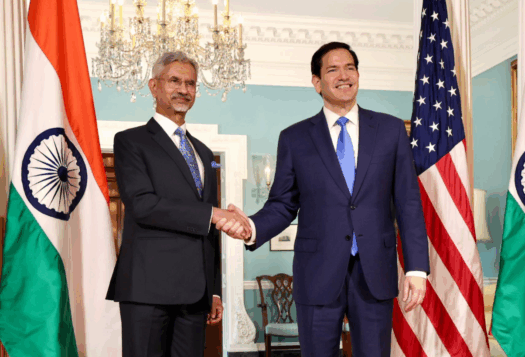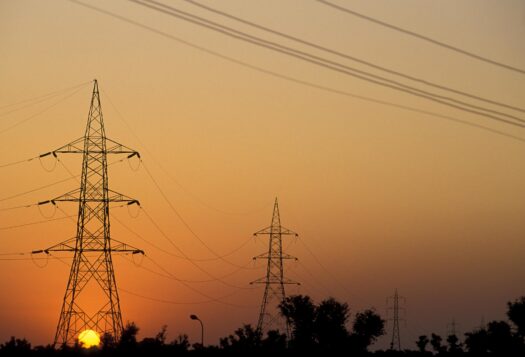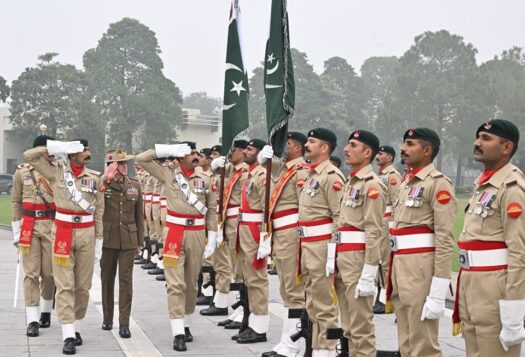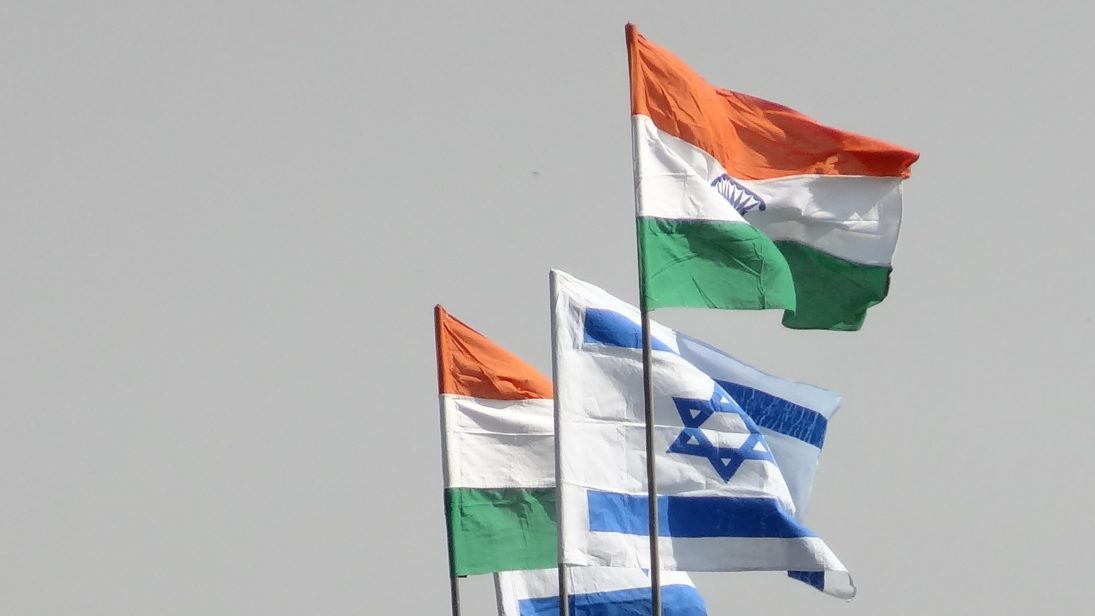
Prime Minister Narendra Modi’s upcoming visit to Israel this summer will mark 25 years of full diplomatic relations between the two countries. Following the victory of the Bharatiya Janata Party (BJP) in the 2014 elections, India and Israel have further strengthened their ties, considering the BJP’s reputation as a strong supporter of Israel. This camaraderie is visible in numerous fields including agriculture, science and technology, education, trade and commerce, and, most importantly, defense. This cooperation forms the backbone of a growing partnership, which could have important implications for both countries in the economic, political, and security realms in the foreseeable future.
Bilateral Visits
A harbinger of the growing closeness between New Delhi and Tel Aviv is the number of high-level visits by political and military leaders from both countries in recent years. Indian President Pranab Mukherjee visited Israel in October 2015, and his Israeli counterpart President Reuven Rivlin returned the favor by visiting India in November 2016. Likewise, Israeli Defense Minister Moshe Ya’alon visited India in February 2015 and External Affairs Minister Sushma Swaraj visited Israel the following year, in January. Now, preparations for the Indian PM to visit Israel in mid-2017 are underway, and such visits could become “part of the routine,” according to Israel’s Ambassador to India Daniel Carmon. These political visits create opportunities for further cooperation, which could strongly benefit both countries.
Trade and Commerce
Commercial ties, although currently modest, are increasing, with bilateral trade reaching $4.16 billion in 2016. This could increase if both countries sign an anticipated Free Trade Agreement (FTA). Israel’s establishment of centers of excellence across different Indian states has contributed significantly in the fields of agriculture and horticulture. The second visit within a year of Israel’s Agriculture Minister Uri Ariel is in itself an indication of Israel’s interest in becoming technological partners with India in the field of “agriculture, water and every other field of mutual interest.” The longstanding cooperation in the field of science and technology is expected to receive a boost after the visit of Israel’s Minister for Science, Technology, and Space Ofir Akunis in December 2016. A potential example of this cooperation is future joint projects between the Israel Space Agency (ISA) and the Indian Space Research Organization (ISRO) on mutually-beneficial civilian and military projects, such as satellite technologies.
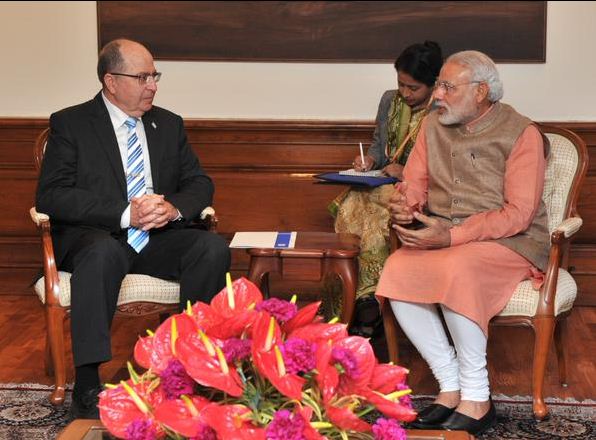
Defense and Security
Defense cooperation, which has been the strongest pillar of the relationship, has significantly intensified with the annual arms trade totaling approximately $1 billion. Israel’s credibility as a reliable arms supplier proved itself during the 1999 Kargil War during which Israel maintained its arms sales to India and quietly provided significant military assistance. Currently, a wide range of Israeli weapons systems including missiles, anti-missiles, reconnaissance systems, and drones are currently in use by all three Indian armed forces. Recent Indian high profile acquisitions from Israel include the September 2015 purchase of ten armed Heron TP UAVs worth $400 million and a broader $3 billion purchase of Israeli arms, including two more Phalcon Airborne Early Warning and Control Systems (AWACS).
Significantly, co-production and joint-ventures are becoming a hallmark of Israeli-Indian cooperation, which aligns well with the “Make in India” initiative’s goals of increased indigenization and technological improvement. Thus far, India’s Defense Research and Development Organization (DRDO), the Israeli Aerospace Industries (IAI), Rafael, and several other firms are actively collaborating to develop new defense technologies. One interesting example is the decision of Adani Enterprises Ltd. and Israel’s Elbit Systems India Ltd. to form a joint venture company called Adani Elbit Advanced Systems India Ltd. (AEASIL) to manufacture unmanned aerial vehicles (UAVs) in India. One successful outcome of the collaboration has been the successful test-firing of the jointly-developed Barak-8 LR-SAM in December 2015. Such ventures not only lessen the burden of manufacturing on the state-owned industries but also help in creating jobs in the private sector, which could bolster indigenization programs in the future.
Counterterrorism
India and Israel have agreed to intensify engagement to secure India’s borders along the western frontier. After the Uri attack in September 2016, Israel offered its expertise to India for strengthening border management along the India-Pakistan border. Given the rising presence of impressionable youths and terror outfits influenced by groups like Daesh, robust cooperation in the cyber domain will become important in countering cyber threats, considering Israel’s expertise in this area. For example, Modi and Rivlin, during their November-2016 meeting, pledged to fight the menace of “extremism and radicalization” and talked of prioritizing “practical and specific engagement such as in the cyber domain.”
Concluding Thoughts
In sum, common interests and values have created a strong impetus for deeper cooperation between India and Israel. The right political atmosphere has been created for both to cooperate intensively, particularly at this juncture when India is gradually disengaging itself from its traditional and ideological foreign policy approach in the Middle East. Thus, one should expect the political contacts between India and Israel to intensify and the broader relationship between both countries to deepen in the coming years.
***
Image 1: Embassy of Israel, India
Image 2: Israel’s Defense Minister Moshe Ya’alon with Indian Prime Minister Narendra Modi, Embassy of Israel, India
